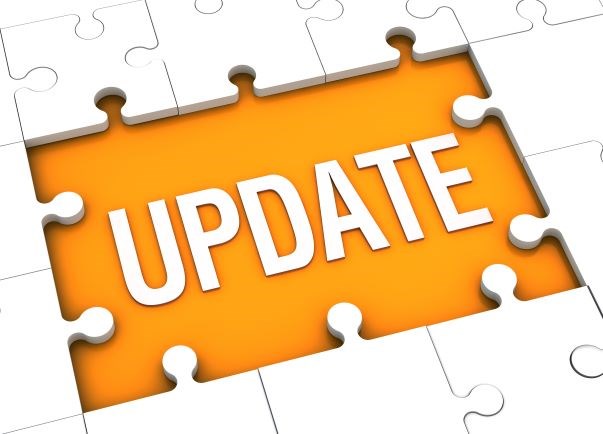IMPORTANT PRF UPDATE! HRSA Allows Providers the Opportunity to Correct Missed Period 1 Reporting
Client AlertLate Wednesday, April 6, HRSA announced that it was going to allow providers with extenuating circumstances that prevented them from preventing a completed Period 1 Report to submit a Request to Report Late Due to Extenuating Circumstances. More information on the process and links to the required forms can be found here.

Providers who failed to report in Period 1 and failed to return their Period 1 PRF payments should have received an email on Wednesday, April 6. If a provider did not receive an email, the provider should go onto the portal and ensure that all provider contact information is correct. All providers must be appropriately registered with the Portal in order to engage in this process.
Step 1: Providers must first submit a Request to Report Late Due to Extenuating Circumstances. Requests must be submitted between Monday, April 11 to Friday, April 22 at 11:59pm ET. Extenuating circumstances include the following instances:
- Severe illness or death – a severe medical condition or death of a provider or key staff member responsible for reporting hindered the organization’s ability to complete the report during the Reporting Period.
- Impacted by natural disaster – a natural disaster occurred during or in close proximity of the end of the Reporting Period damaging the organization’s records or information technology.
- Lack of receipt of reporting communications – an incorrect email or mailing address on file with HRSA prevented the organization from receiving instructions prior to the Reporting Period deadline.
- Failure to click “Submit” – the organization registered and prepared a report in the PRF Reporting Portal, but failed to take the final step to click “Submit” prior to deadline.
- Internal miscommunication or error – internal miscommunication or error regarding the individual who was authorized and expected to submit the report on behalf of the organization and/or the registered point of contact in the PRF Reporting Portal.
- Incomplete Targeted Distribution payments – the organization’s parent entity completed all General Distribution payments, but a Targeted Distribution(s) was not reported on by the subsidiary.
Step 2: HRSA must approve your Request to Report Late Due to Extenuating Circumstances. Therefore, providers must ensure that their request is detailed as to the extenuating circumstance that prevented them from timely reporting. If a provider’s request is NOT approved, the provider must return the Period 1 funds.
Step 3: Providers must wait for HRSA to approve the request. If the request is approved, providers will have 10 days from the date of the notification to submit a Period 1 report.
Step 4: Providers that have already reported may NOT use this process to make edits or adjustments to their Period 1 report.
If you need assistance in completing the Request to Report Late Due to Extenuating Circumstances or finalizing your Period 1 Report, please contact Amanda L. Waesch at alwaesch@bmdllc.com or 330-253-9185 to set up a consultation.